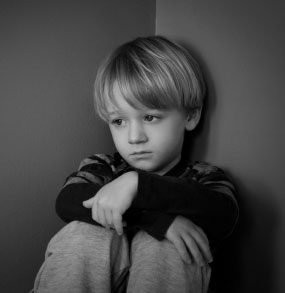The consumption of alcohol at an early stage is of major concern especially during young teen years. Starting alcohol consumption at a young age prolongs the exposure to the health risks connected with usage of alcohol including heightened chances of developing specific cancers in the later phases of life. Not just this, those who start alcohol consumption at an early age may stretch into young adulthood and continue drinking alcohol and therefore increase the risk of developing an alcohol use disorder.
Some teens try alcohol but never get addicted to it while others end up struggling with grave alcohol consumption as well as alcohol use disorder. In order to better understand the manner in which heavy alcohol use develops during adolescent stage, researchers led by Gary C.K. Chan, Adrian B. Kelly and John W. Toumbourou studied the relation between family clashes and aggravated alcohol use.
The basis of the research was that heavy alcohol use tends to rise at age 14, and this is specifically true when girls go through family conflict before the age of 13.
The researchers tested how conflict in family and subsequent depressed mood affects consumption of alcohol in adolescent girls. The researchers did an extended study comprising of three waves of assessments conducted every year at the ages of 12, 13 and 14. The sample consisted of 886 participants, of whom 57 percent were female. All the participants belonged to metropolitan schools in Victoria, Australia.
The participants were told to complete questionnaires at school that were based on the Communities That Care Youth Survey. It stressed on various facets of the study with each wave. Wave 1 took into account family disruptions, Wave 2 studied depressed mood and Wave 3 examined intense alcohol use. The researchers were able to control a few variables including consumption of alcohol by peers, school engagement as well as home milieu.
The results of the assessment stated that a low, depressed mood shown at Wave 2 was predicted by the existence of family conflict assessed during Wave 1. The level of depression was much more in females as compared to males. Moreover, a depressed mood measured at Wave 2 predicted extreme alcohol consumption measured in Wave 3. The researchers concluded that the extent of emotional toll among females during family conflict was more and that led to an increase in alcohol consumption.
It is important for parents to be aware and intervene at an early stage. For more information on alcohol abuse and ways to help please call (800) 444-1838
Alcohol Abuse Resources:
American Academy of Child and Adolescent Psychiatry




